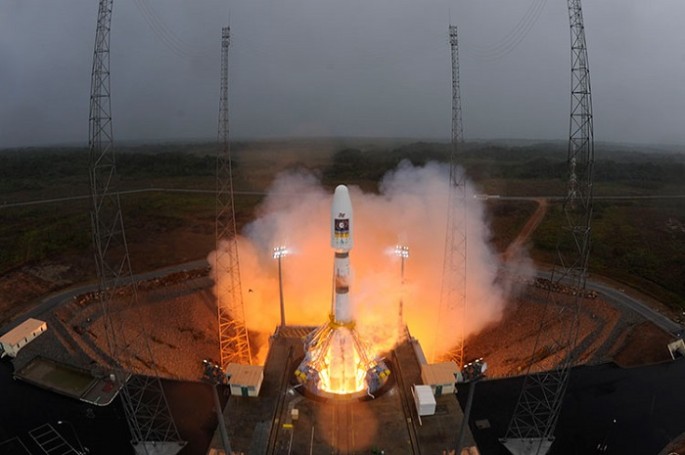China plans to conduct more research on gravitational waves following the discovery of gravitational waves by the Laser Interferometer Gravitational-wave Observatory (LIGO) in the United States on Thursday, Feb. 11, the Xinhua News Agency reported.
The report quoted Li Miao, dean of the Institute of Astronomy and Space Science in south China's Guangdong Province, as saying that the country's research project on gravitational wave, "Tianqin," at Sun Yat-sen University has been submitted for government approval since July.
Tianqin will be carried out in four stages over the next 15 to 20 years, at an estimated cost of 15 billion yuan ($2.3 billion), with the final launching involving three high-orbit satellites to detect the waves.
Chen Yanbei of LIGO said that unlike the research by the U.S. ground-based observatory, Tianqin is different because it will observe the waves from space.
"Tianqin is likely to collect better information, as a larger black hole may be detected from space than the one detected from the ground," said Chen.
The report added that Sun Yat-sen University has expressed willingness to cooperate with other institutions, and has plans for 15,000 square meters of observatory and laboratory on Fenghuang Mountain in Zhuhai City, Guangdong.
China has another domestic gravitational wave project, "Ali," named after the Chinese Academy of Sciences (CAS) observatory in Ali, Tibet, and led by the CAS Institute of High Energy Physics. The project has totally different objectives as it detects the first tremors of the Big Bang, primordial gravitational waves.
According to Zhang Xinmin of CAS, Ali is regarded as the fourth best site in the world to detect primordial waves at high altitude and with good weather.
"Ali will be much cheaper. The first phase will cost around 100 million yuan and results are expected in five years," Zhang said.
Wang Yifang, head of the CAS high-energy physics institute, said that as China lags behind in gravitational wave research, the team is seeking international cooperation and foreign specialists in the field.






















